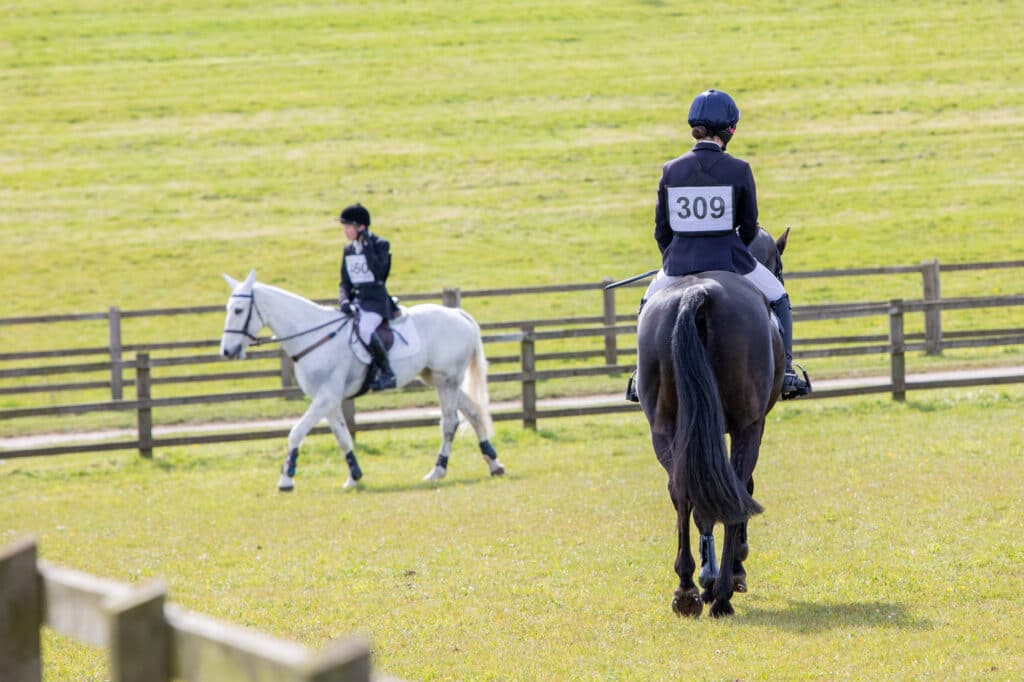Daily Management, News & Research
Horses and social licence to operate – why you should be bothered
Chris Keate, looks at the issues
A ‘social licence to operate’ is the unwritten acceptance and approval by society, of a certain activity.
Last week I attended a press briefing hosted by World Horse Welfare (WHW), discussing ‘Social licence and the involvement of horses in sport’. Why is the acceptance of those ‘outside’ the horse world important and, how can it affect not only the involvement of horses in sport but also, the horse owner, rider, and keeper of horses for leisure?
A few facts and figures
An independent survey conducted in 2022 by YouGov on behalf of WHW, investigated what the public thought about the involvement of horses in sport:
- 20% did not support the involvement of horses in sport under any circumstances
- 60% felt there should be more safety measures for horses in sports
- 40% would only continue to support the involvement of horses in sport if welfare was improved
- 16% felt their confidence in protecting horse welfare had been negatively affected by media coverage over the last 2 or 3 years
The same survey has just been taken a year on in May 2023, it revealed that despite efforts to improve the public’s perception of horses in sport with a number of positive initiatives, there has been no positive change.
This year’s survey included a larger number of participants, which enabled views from those in regular contact with horses to be separated from those with no contact.
The first 3 results were relatively unchanged, additionally:
- 57% of the general public felt horses ridden – either for leisure or in competitive sport – was acceptable, while 15% disagreed.
- Only 2.3% of the general population identify as having regular contact with horses.
- Of those that do have regular contact with horses, 53% felt there should be further improvement in the safety and welfare of horses in sport.
- 37% of those who interacted regularly with horses said recent media coverage made them feel more confident that horses’ welfare was protected in horse sport – 14% of them did not
- Media coverage had the opposite effect on the confidence of those who do not interact with horses regularly – 25% were slightly or much less confident, compared with 8% of those who interacted regularly with horses
The message is clear that more effort and initiatives are needed to help the general public understand the use of horses in sport and leisure; have confidence that their care is of the highest possible standard; and that their welfare is always first and foremost.

Management changes
Understanding the influence of a horse’s environment and management is key to its welfare.
In a recorded presentation, show jumper William Whitaker spoke about the behavioural problems he was having with one of his horses. After seeking professional advice he looked at the ways in which he could change the horse’s day to day management, that would lead him to be more relaxed and happy in its environment.
The changes he implemented included a bigger open pen rather than an enclosed stable and the opportunity to interact with other horses. William’s belief that a happy horse would perform better was proved correct and the horse is now much more settled both at home and at competitions.
The panel discussion
The YouGov survey findings were further discussed by the panel comprised of chair Lucy Higginson, along with leading figures in the equestrian community, Julie Harrington (chief executive of the British Horseracing Authority), olympic eventer Sam Griffiths, British sports television presenter Rishi Persad, Theo Ploegmakers (president of the European Equestrian Federation) and equine vet Merry Smith, MRCVS.
Theo Ploegmakers was asked whether he saw a similar issues of social licence in other countries. He made the point that in Sweden by law, horses must be turned out every day, and said:
“The majority of people support our sports but have concerns and there is variation across countries. Some, like Sweden, do everything with a view to social licence, but other countries do not have the same sort of horse sport tradition.”
Julie Harrington was asked about the fact that racing in Britain was the only equestrian sport that is licenced. She said:
“Licencing and registration should be seen as a good thing. Poor practice influences everyone’s business, but we are making headway and a strong body of evidence shows what is being achieved.”
Merry Smith agreed, saying:
“Recognised good standards have so many benefits, right through the levels, not just among the elite sports animals. We are making progress with independent bodies assessing, but this needs to be further developed.”
During his summing up, Roly said:
“The horse world is taking fundamental steps down the path to ensure all horses in sport are able to live a good life, and we need to take our colleagues, fellow equestrians and the general public with us when we show how horses can thrive in equestrianism.”
To the full event can be watched HERE.
